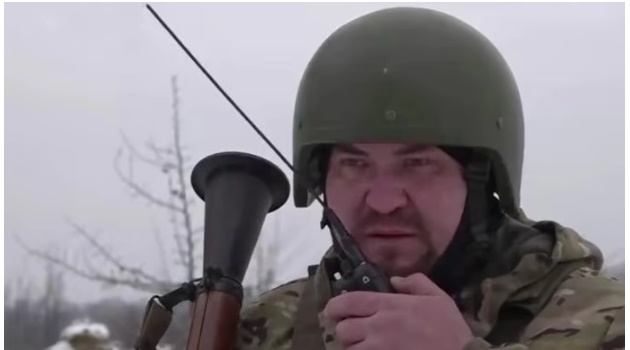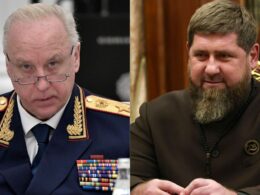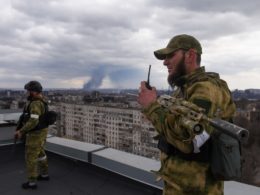Chechen leader Ramzan Kadyrov has once again voiced his desire to step down, according to the Institute for the Study of War. If approved, this act could destabilize the North Caucasus and expose vulnerabilities in President Vladimir Putin’s grip on the region.
The Chechen leader clarified the next day on social media that his departure would depend entirely on Putin’s will, framing himself as a loyal “team man.” However, his history of similar statements dating back to 2016 and subsequent walk-backs leaves observers skeptical about his true intentions.
Sources say relationship is crumbling
Despite his public declarations of loyalty, reports suggest Kadyrov’s relationship with Putin may be fraying. Russian investigative outlet Vazhnye Istorii cited FSB sources in March, claiming the Russian leader had grown wary of Kadyrov’s uncoordinated dealings with Middle Eastern monarchies.
Still, other sources, including Novaya Gazeta, argue that Kadyrov has remained one of Putin’s key envoys in the region, involved in high-stakes diplomacy, including negotiations related to Russian military interests in Syria.
Speculation about succession has intensified amid reports that Kadyrov has largely withdrawn from active public life since February 2025, focusing instead on medical treatment.
His eldest daughter, Aishat Kadyrova, once a rising political figure in Chechnya, resigned suddenly in early February and reportedly traveled to the UAE to explore business opportunities for the family.
Her departure coincided with the quiet withdrawal of her sisters, Khutmat and Khadizhat, from civil service roles, further fueling speculation of a transition behind closed doors.
Dangerous vacuum
The likeliest successor, however, appears to be 17-year-old Adam Kadyrov, whom Ramzan has publicly positioned as his heir despite his youth and controversial public image. Notably, Adam drew national attention in 2023 for assaulting a detainee accused of burning a Quran, an act that Ramzan himself celebrated. Since then, Adam has received preferential treatment, official responsibilities, and symbolic elevation within Chechnya’s leadership circles.
The Institute for the Study of War writes that Kadyrov’s departure, especially without a clear and accepted successor, could create a dangerous vacuum in the North Caucasus.
As a power broker with personal loyalty networks and brutal enforcement mechanisms, Kadyrov has kept a lid on separatist sentiment and interethnic unrest for two decades. His absence could embolden rivals or insurgent actors, just as Russia remains mired in its war against Ukraine.





